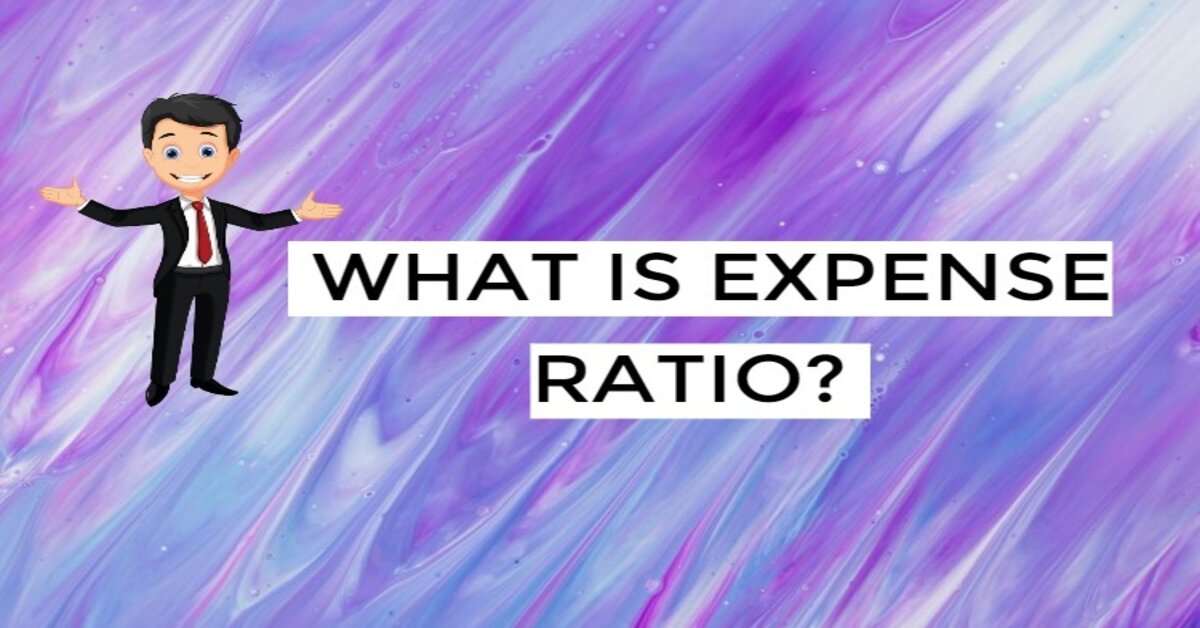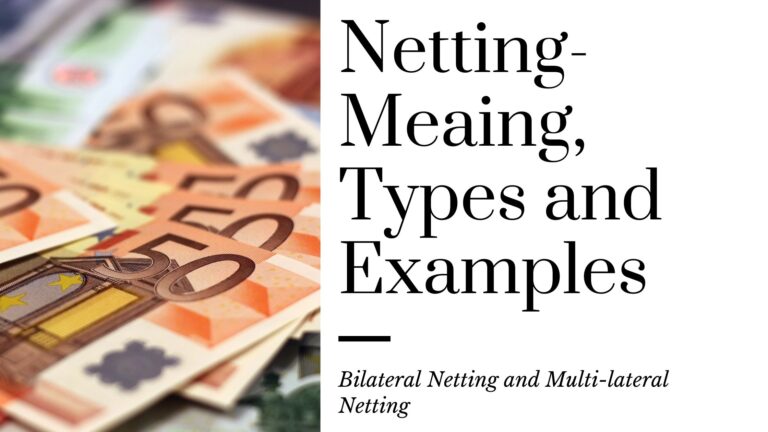Table of Contents
MEANING
Expense ratio is an annual fee charged by the mutual funds to meet its expenses which are incurred for managing the funds.
A mutual fund is a trust that pools money from a number of investors who share a common financial goal and invests the same in equities, bonds, money market instruments and/or other securities.
A common man can invest in mutual fund and rest assured for his money because whatever he will invest in mutual fund will be manged by professional fund managers. In return for managing funds, mutual funds charge some fees.
Guys, we know nothing is free in the world. Mutual funds work to manage funds of investors. For managing this they incurred expenses like operating cost, fee of professionally high qualified fund managers, advertising cost etc. and meet these expenses they charge a fixed percentage of funds.
Suppose if the expense ratio is 1% and your investment is Rs. 50,000 then Rs. 500 you will be charged by the mutual fund as a expenses ratio for managing your fund.
Value of this ratio depends upon how much resources of funds are used in for managing the fund of investors. It is determined by dividing total expenses of the fund with total asset of the fund. That means funds with high asset base will have lower expense ratio.
COMPONENTS OF EXPENSE RATIO
Expense ration includes number of charges that is incurred by the mutual fund for proper running of mutual fund schemes. This does impact your take home return of an investor substantially. Suppose if the return of any scheme in which you have invested is 15% and expense ratio is 2.5% then your take home return would be 12.5%.
Following are the major charges that are present in this ratio-
Management Fee
This is a major part of this ratio. Mutual funds do a lot of research to find out perfect asset where they can invest the money. For which they require high skilled and qualified fund manager and research team.
Basically, this fee is allocated to these fund managers and his team for managing the fund and generally .5% to 1% fee is charged as a management fee.
Administrative Cost
These costs incurred for ensuring the proper functioning of funds. Maintaining the proper record of investors, their entry and exit fee, emails and other communication and support etc. can be covered under this category.
12B-1 Fee
This fee shows the how much amount a mutual fund spent on promotion and advertising the scheme.
EFFECT OF EXPENSE RATIO ON RETURN
This ratio affect the return of an investor adversely. High expense ratio leads towards low return. Suppose if the return of any scheme in which you have invested is 15% and expense ratio is 2.5% then your take home return would be 12.5% and if the expense ratio is 1% then your return would be 14%.
LIMIT BY SEBI
SEBI to protect the interest of investors impose restriction on fee charged by AMC as an expense ratio.
For actively managed equity schemes, the total expense ratio (TER) allowed under the regulations is 2.5 % for the first ₹100 crore of average weekly net assets; 2.25 % for the next ₹300 crore, 2 % for the subsequent ₹300 crore and 1.75 % for the balance AUM.
For debt schemes, the expense ratio permitted is 0.25 % lower than that allowed for equity funds. Information on this ratio applicable to a MF scheme is mentioned in the Scheme Information Document. For example, an expense ratio of 1% per annum means that each year 1% of a scheme’s total assets will be used to cover the expenses managing and operating a scheme. In addition, mutual funds have been allowed to charge up to 30 bps more, if 30% or more of new inflows come from locations “Beyond the Top-15 (B15) cities, to widen the penetration of the mutual funds in tier – 2 and tier – 3 cities.




